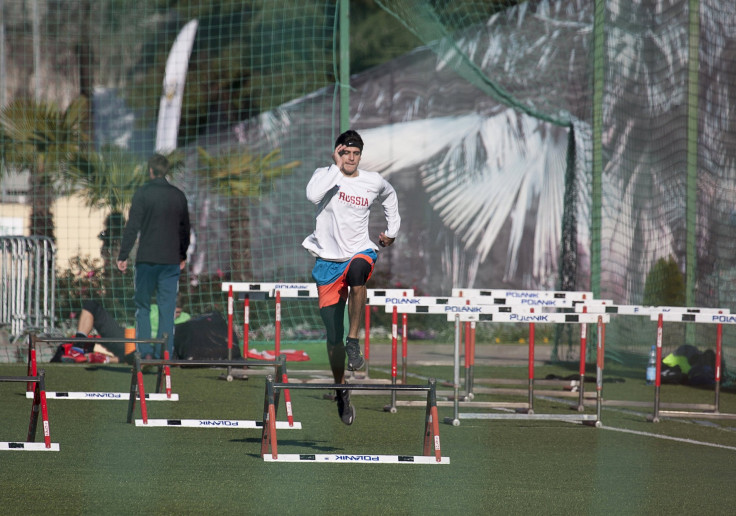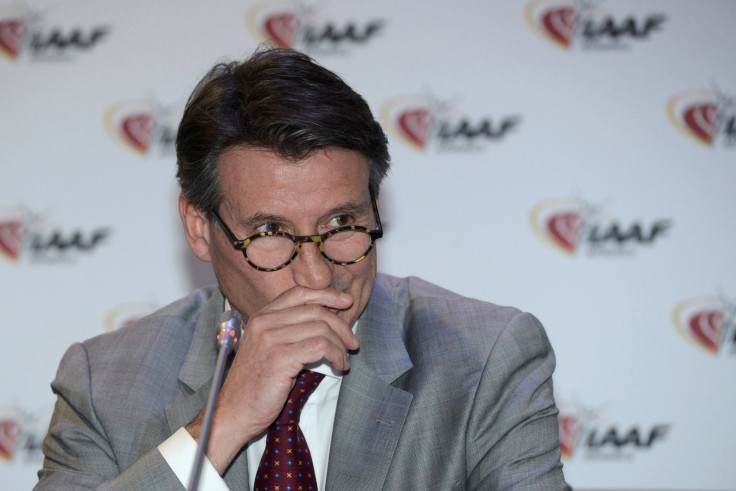Russian Doping Scandal: International Association of Athletics Federations Denies It Was Slow To Act

The International Association of Athletics Federations (IAAF) Friday defended its anti-doping efforts, hitting back at a London newspaper's allegations the federation was lax in enforcing rules. The statement came a day after Sebastian Coe, the IAAF's president, ended his 100,000 pound-a-year association with Nike and Russia's announcement it would not fight a ban on participation in international track-and-field athletic events until its anti-doping efforts could be brought in line with IAAF standards.
The IAAF said it has profiles on 5,500 athletes based on 13,000 blood samples. So far, 145 athletes have been caught with performance-enhancing drugs in their systems. Eight were banned for attempting to manipulate results, and 56 have been sanctioned, with 13 more cases pending and 12 "currently in the pipeline."
The Times of London said more athletes should have been sanctioned, and action should have been taken sooner.
"The IAAF fundamentally disagrees with that assertion," the IAAF statement said, adding from a statement by Dick Pound of the World Anti-Doping Agency (WADA), "It would be reckless, if not libelous, to make such an allegation. The reported values may be suspicious and lead to targeted testing of the athletes involved, but nothing more could be done with the information."

The IAAF said samples must be collected under standardized procedures if results are to be compared accurately, and some older samples are not reliable and cannot be used as evidence of doping, although they do have investigatory value. Sometimes there are "plausible explanations" for certain blood values, the statement said.
"The IAAF is not complacent about doping in its sport. It will continue to use every tool at its disposal to fight doping and protect clean athletes, and hopes that investigative journalists will continue to assist it by unearthing evidence of cheating for it to follow up," the IAAF said.
The Russian athletics federation Thursday said it would not appeal its ban and would work closely with the IAAF and WADA so it eventually could be reinstated, Reuters reported. Russia will miss the world indoor championships in Portland, Oregon, and it was unclear whether it would be allowed to participate in the Summer Olympics in Rio de Janeiro in August.
WADA concluded in a Nov. 9 doping report that Russian athletics had "a deeply rooted culture of cheating," and recommended Moscow be banned from international competition.
The IAAF has approved development of an integrity unit that will oversee anti-doping efforts, manipulation of competitions, age manipulation, allegiance switches and behavior of third parties and representatives.
© Copyright IBTimes 2024. All rights reserved.












